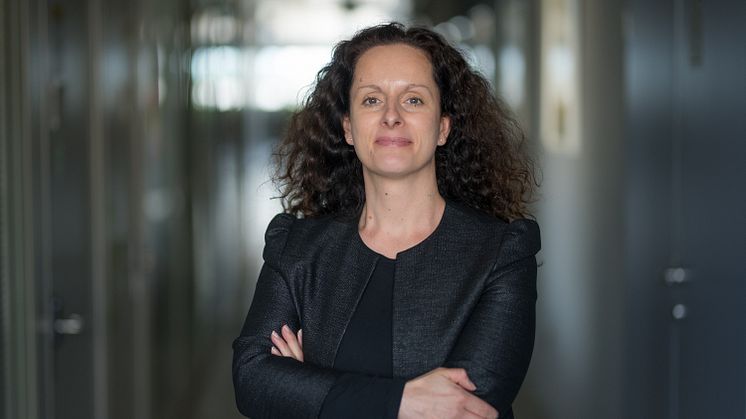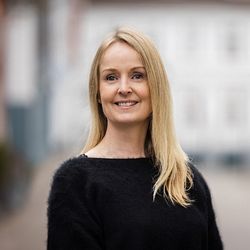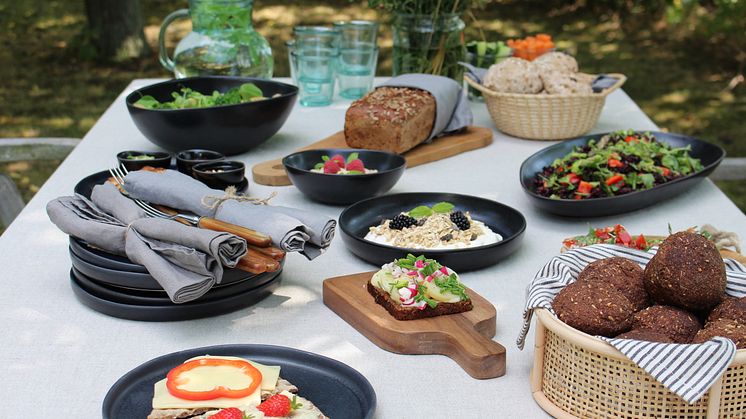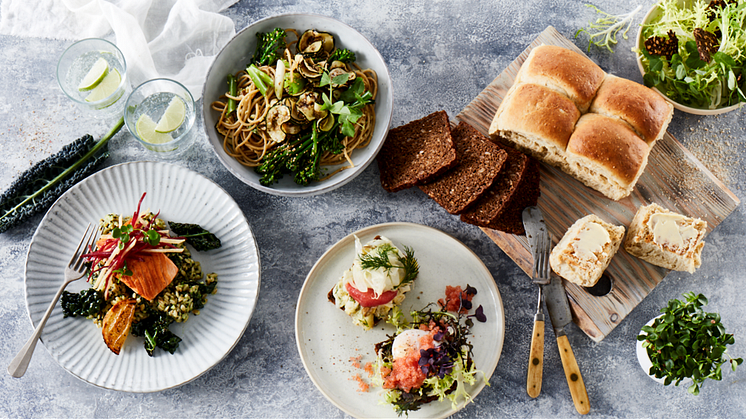
Nyhed -
Slovenia launches a Whole Grain Partnership
A Whole Grain Partnership in Slovenia has been launched and we are excited to share this interview with Petra Medved Djurašinović, senior consultant at Chamber of Commerce and Industry of Slovenia for a interview about The Slovenian Whole Grain Partnerships objectives, future strategy and the preferred whole grain products in Slovenia. We wish the Slovenian Whole Grain Partnership all the best on their path to increasing the whole grain intake in Slovenia.
1.Who is the Slovenian Partnership?
The Slovenian Whole Grain Partnership consists of 16 public and private organizations and institutions of knowledge and research. Memorandum of collaboration was co-signed by the Ministry of Agriculture, Forestry and Food, Ministry of Health, Biotechnical Facultry from the University of Ljubljana, Don Don d.o.o. Company, Faculty of Health Sciences from the University of Primorska, Hlebček d.o.o. Company, Nutrition Institute, Education Center Piramida Maribor, Agricultural institute of Slovenia, Mlinarjev sin d.o.o. Company, Mlinotest d.d. Company, National Institute of Public Health, Pekarna Pečjak d.o.o. Company, Reprokolinska d.o.o. Company and Žito d.o.o. Company. Co-signer of the memorandum and the initiator of the activities is CCIS-Chamber of Agricultural and Food Enterprises.
2.What are your primary objectives?
By signing the memorandum of cooperation, we expressed our common interest in expanding the range of whole grain products and in strengthening information and consumer awareness of the importance of consuming whole grain products. Our common goal is to encourage consumers in Slovenia to consume more whole grains and whole grain products and consequently to increase the dietary fibre intake. We want to change the consumer eating habits through joint action and collaboration.
3.What are the main sources of whole grains in Slovenia?
The main sources of whole grains in Slovenia are traditional products like bread, bakery products, fine bakery products, but also biscuits and pasta.
4.How will you work to promote whole grain consumption in the future – what are your priorities? And. where do you see possibilities and challenges in the work to come?
We will implement different promotional activities with the purpose to increase the consumers’ awareness about whole grains and try to encourage them to include whole grains and whole grain products more often in their diet.
With joint action and collaboration we can achieve the changes in consumer eating habits.
The main challenge in the field of whole grains in Slovenia is the taste of whole grain products. Namely, in Slovenia, consumers still prefer white wheat bread instead of whole grain bread. Other important challenge is labelling legislation for whole grain products, especially for whole grain bread. The percentage of whole wheat flour has to be quite high (80 %), which is then reflected in the change of the taste of the product.
I think we will need to focus on different consumer groups, considering all the aspects of the eating habits, expectations and preferences, but everything based on science, legislation and data.
5.What is your favorite whole grain product?
I really like the whole grain toast bread, whole grain biscuits, while I still need some motivation to switch to whole grain pasta



